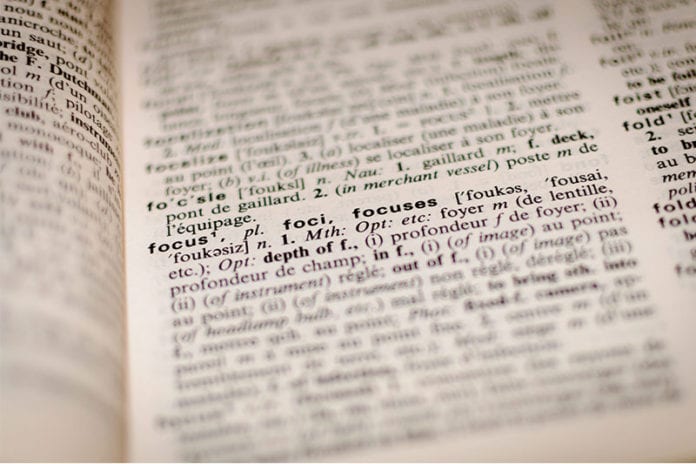Okay, so for the most part, Webster and the Merriam family have got us covered, dictionary-wise.
But here’s a thought: What if nurses rewrote the dictionary? Yes, nurses (in all their spare time, of course).
While a complete overhaul of the English language probably isn’t necessary, there are a few words, just here and there, that could use a nurse’s tweak.
For example:
Patience (n) – not to be confused with the noun patients, for whom this will sometimes not exist. Patience is a carefully constructed skill that allows one to smile when one’s instinct is to exhibit rage, and can be very much dependent upon numerous outside factors (see “caffeine” below).
Sleep (v) – a very rare phenomenon wherein the eyes are closed for a total of 15 to 20 minutes. Often occurs during moments of routine bodily rest (examples include showering, standing in line at the market, talking to spouses, etc).
Closed (adj.) – as in not operating 24/7. Not a real concept. Who invented this?
Break (n) – this one can go, too.
Speed-walking (v) – a method of transporting oneself from point A to point B at all times, never to be reduced to a moderate walking pace. Uses can range anywhere from basic floor management to “Did he just code?” situations.
Caffeine (n) – life fuel. Comparable to water, with the added effect of sanity.
School (n) – a phase of one’s life that extends far longer than ever thought to be possible. Synonymous with the following words: panic, loans and insomnia.
Pocket (n) – likely the single most important development in medical history.
Chart (n) – 1. individual records, used for reference purposes; 2. a cruel and unusual form of punishment. Highly unpopular.
Nurses (n) – the men and women who have developed the skills necessary to care for the bulk of humanity. Often low in the following areas: rest, vacation time and faith in said humanity’s ability to make sound decisions. Not low in: general know-how of all things worth knowing, daily resilience and compassion.
Care to revise any of these definitions? Share in the comments section below.



Bag (v) — To squeeze air into a patient’s lungs.
Lights – When 3 or more go on at at the same time over patients/residents doors.